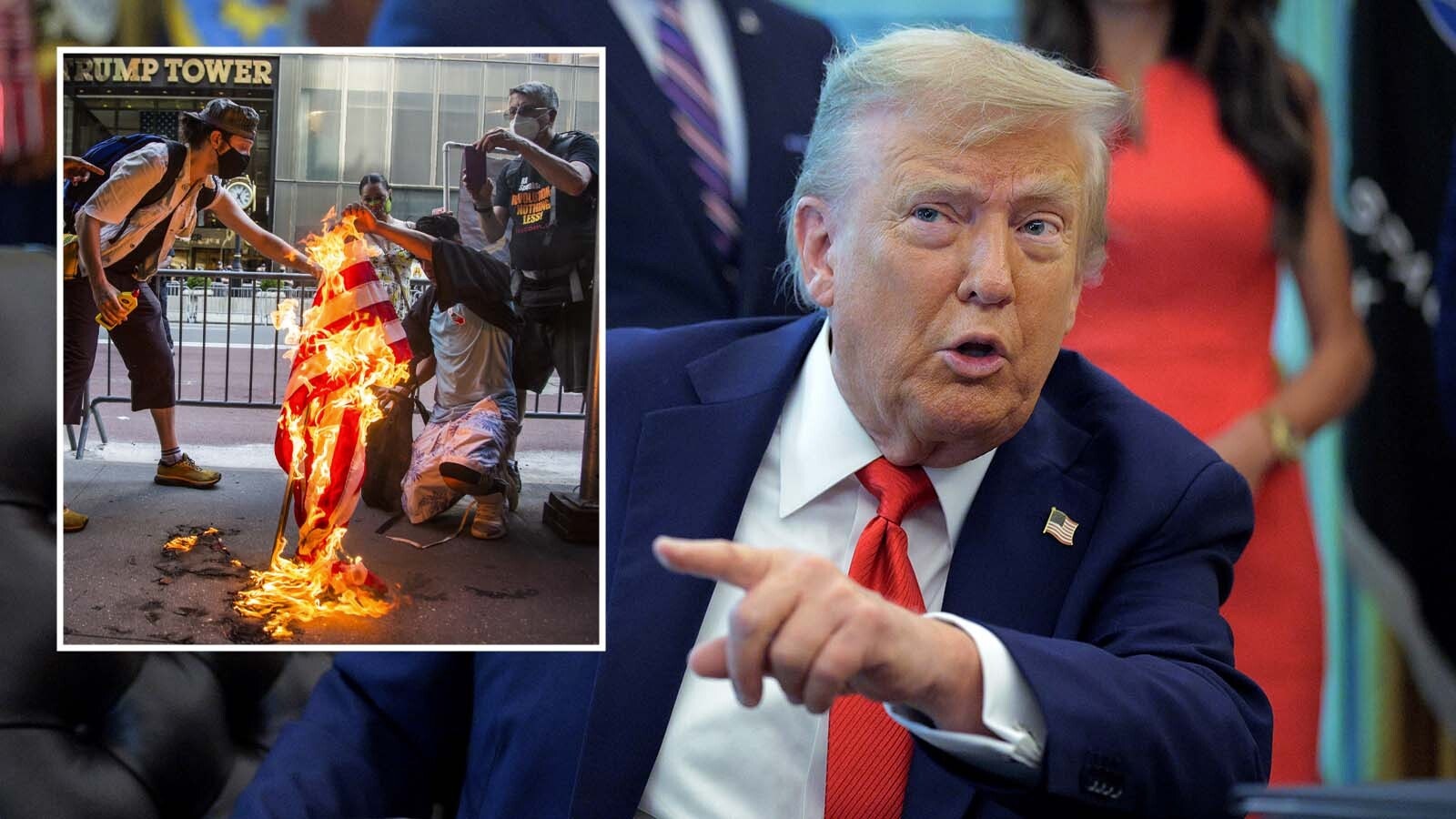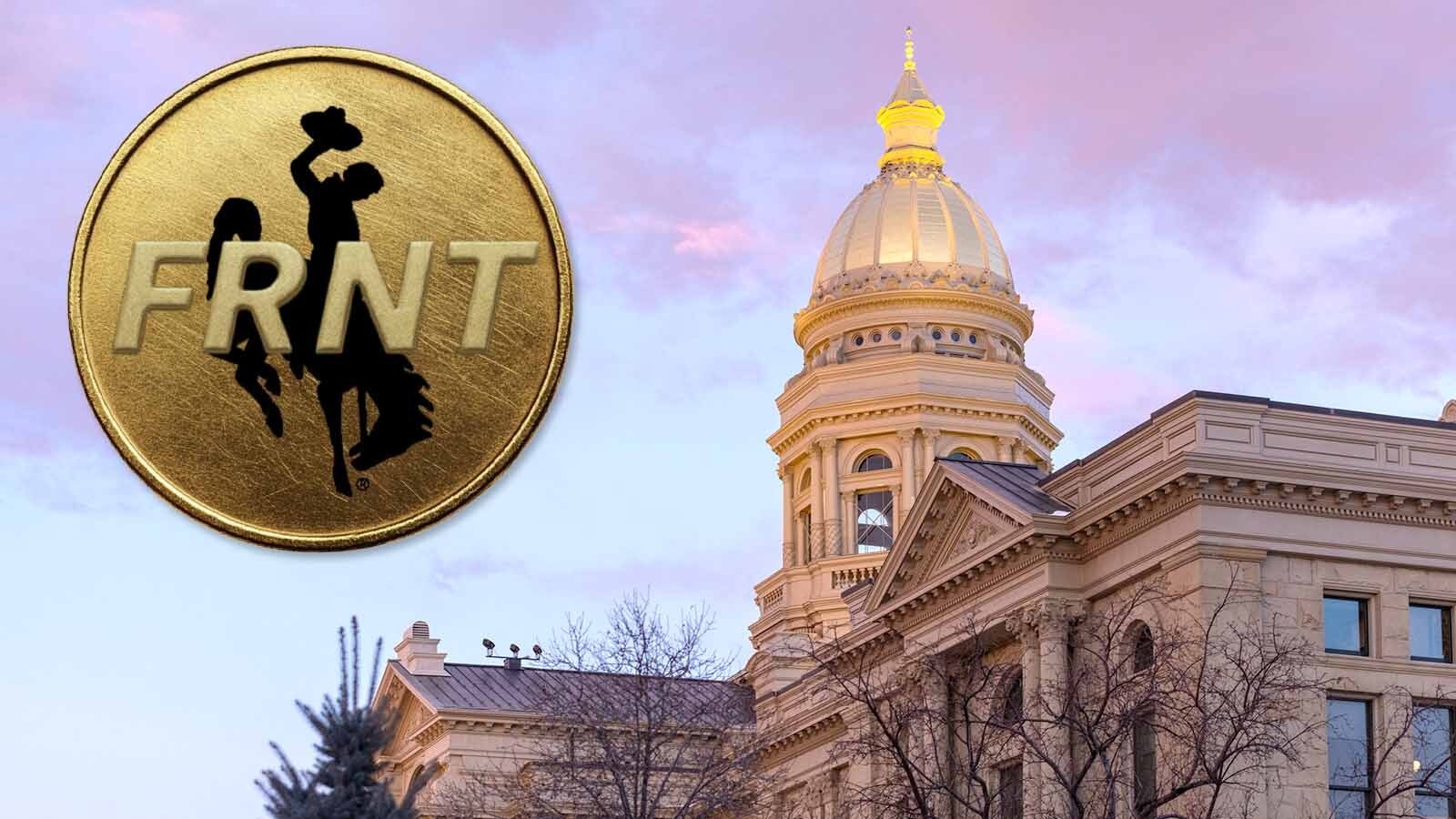Wyoming’s Supreme Court on Wednesday overturned the conviction of a man arrested near Cheyenne with 42 pounds of marijuana.
Justices unanimously ruled that the Wyoming Highway Patrol officer who stopped the vehicle Joshua David Levenson was riding in when he was arrested should not have been driving more than 100 mph to catch up to the vehicle.
“We find an officer’s own conduct may negate the objective justification necessary for an initial traffic stop and cause a traffic stop to be unreasonable when all the circumstances are considered” the ruling said.
According to the ruling, written by Justice John Fenn, Levenson was a passenger in a car traveling on Interstate 80 near Cheyenne in August 2018.
The ruling said Trooper Shane Carraher was parked in the median when the car Leveson was in passed by.
“While initially not having observed any traffic violation, Trooper Carraher decided to catch up to (the car),” the opinion said. “To do so, he drove in both the left and right lanes of traffic at speeds exceeding 100 miles per hour, reaching approximately 111 miles per hour at one point.”
When Carraher caught up to the car Levenson was riding in, he reduced his speed to about 54 mph to tail the car. He then determined that the car was traveling about 1.2 seconds behind a semi-truck — not the 2 seconds required by law.
Carraher pulled the car over for following the truck too closely and then asked for a K-9 drug detecting dog to visit the scene. An investigation revealed about 42 pounds of marijuana in the car.
Levenson was charged with felony intent to deliver a controlled substance and felony possession of a controlled substance.
Levenson asked that the marijuana not be admitted as evidence, arguing the traffic stop was unreasonable and that the trooper’s own driving created a safety hazard. The state district court rejected the request
Levenson pleaded guilty to possession of a controlled substance and reserved his right to appeal the decision to allow the marijuana as evidence.
Justices said the lower court failed to take into account that Carraher was driving well over the speed limit in pursuit of the car Levenson was riding in, even though he had observed no traffic violations.
“Based on the circumstances of this case as discussed above, Trooper Carraher’s conduct violated the reasonable suspicion necessary to justify the initial traffic stop,” the ruling said. “Our … review of the ultimate determination regarding the constitutionality of the initial stop in this case leads us to conclude that the initial traffic stop was unreasonable and violated the Fourth Amendment (protection against unreasonable search and seizure).
As a result, justices reversed Levenson’s conviction.





